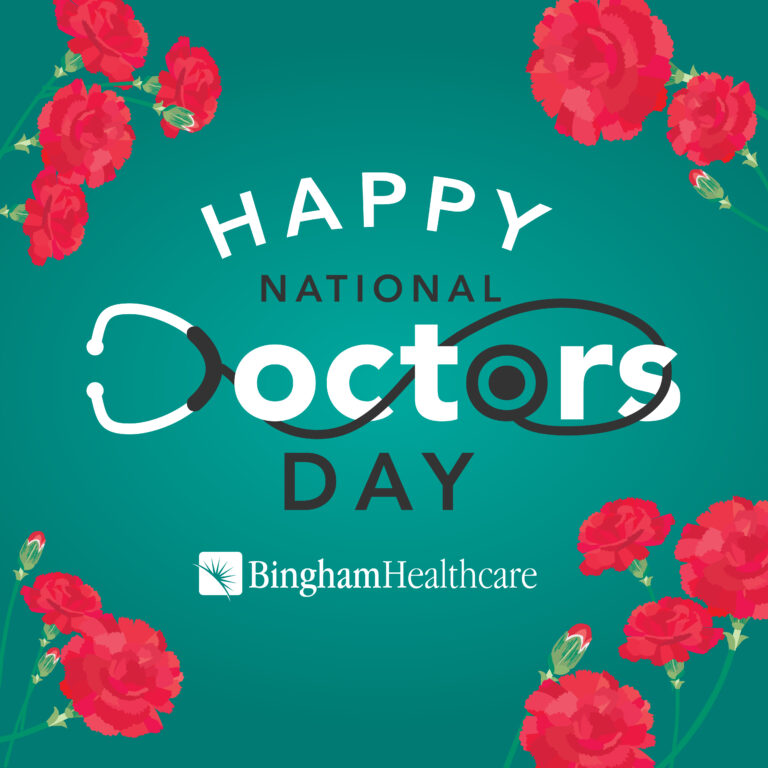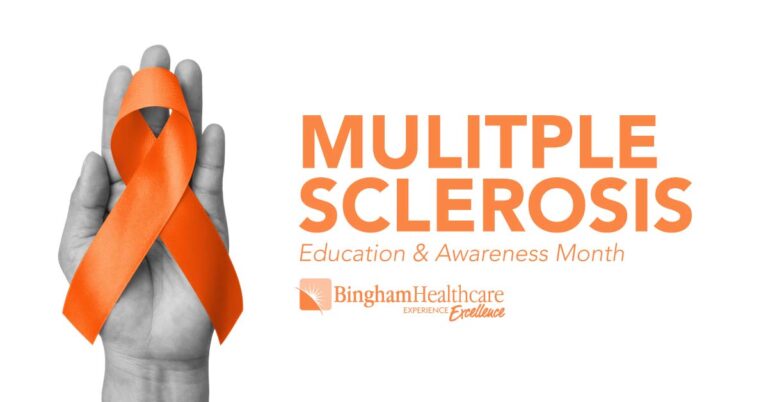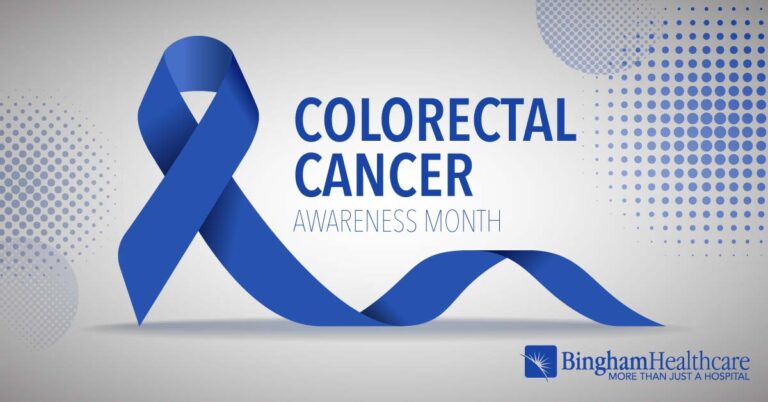
Feeling Stressed?
Here’s how to squash that stress and find peace during hectic times.
Sometimes stress hits us like a freight train, and sometimes it sneaks up on us a little bit at a time. Not managing stress properly can result in troubling symptoms and chronic health conditions ranging from moderate to severe headaches, anxiety, depression, and diabetes to autoimmune disease, digestive issues, neck & back problems, and even impotency or infertility.
Stress is our natural reaction to unpredictable situations. But when we constantly react to everyday unpredictability—spilled milk, a flat tire, a pressing work deadline, a burned casserole—with anger, frustration, irritability, or other stressed-out responses, look out.
To avoid the negative impact stress can have on your body and mind, here are some useful information about stress, how it affects the body, and highlights a few key points to keep in mind when life starts to overwhelm.
WHAT FORM DOES STRESS TAKE?
According to the American Heart Association, stress causes the release of the hormones adrenaline and cortisol. These hormones make the heart beat faster and blood vessels to constrict—temporarily raising blood pressure. Meanwhile, glucose flows into the bloodstream to give our muscles energy to act. This same “fight or flight” response that enabled cavemen to survive is mobilized in us. Even though our “threats” aren’t deadly, the body reacts the same way. And constantly being on high alert builds up.
Living in a chronic state of activation causes predictable changes in terms of levels of cortisol, and is associated with increased prevalence of mental illness, addictive disorders and, generally, heart conditions, elevated blood sugar levels, and cancers. It also has a negative effect on the aging process—it makes us older faster.
TIPS FOR PREVENTING STRESS
There are a number of simple things you can do on a daily basis to keep stress at bay. It’s easier to prevent stress than to fix stress. Researchers have found that practicing some of these healthy habits can help.
- Abolish negative thoughts—think positive
- Ask for help
- Don’t overcommit to too many things
- Eat well
- Exercise regularly
- Laugh more
- Make time for yourself
TECHNIQUES FOR STRESS MANAGEMENT
Look to friends. Surrounding yourself with people you love and trust can be key to coping with life’s unexpected turns.
Big life stressors can floor us—a lost job, a lost relationship, maybe even the loss of a loved one—but then there’s also that low-grade, chronic stress we experience at work and in our “too busy” lives. Both can lead to behavioral changes, like less exercise or more drinking or eating. In response, the body changes—increased blood pressure and weight gain. But the mind changes too—feelings of fear, resentment, guilt, depression, and hopelessness can overwhelm you.
Reach for relief. The leading causes of stress are work, finances, and family-things most of us deal with on a daily basis.
When you’re feeling overwhelmed, a simple stress ball can ease a lot of built-up tension. Whenever you make a fist, you create muscle tension. And when you release your grip, your muscles relax. The easy process of squeezing can flush out muscle tension and relieve stress.
Watch those pearly whites. When you get stressed, do you reach for a box of cookies or second soda for comfort? Do you forget to floss or even fall asleep without brushing? Or maybe stress is causing you to grind your teeth when asleep. All of these bad habits can wreak havoc on your chompers.
In many ways, unfortunately, the stresses and strains we experience have a great effect on our muscles and teeth. Don’t neglect your regular dental checkups and get in the habit of wearing a protective mouth guard to bed to prevent damage that will cause you even more grief down the road.
Keep on moving. It’s said that with age comes wisdom, but what the saying doesn’t tell us is that with it may also come even more stress. Although stress doesn’t necessarily affect older adults any differently, they often have a lot more to worry about.
There may be different triggers to stress, like losses they experience-death of a spouse, siblings and friends, living on a fixed income, loss of independence associated with diseases-that are more common among older populations.
By far, the most important step for an older person wishing to alleviate stress is regular physical activity, she says. Taking even a 20-minute walk each day is a good place to start.
Music therapy. Yes, music heals. Music is used to help humans deal with difficult feelings and better connect to one another. Because of its strong and immediate influence over our emotions, coupled with its ability to naturally increase neurochemicals—including “feel good” endorphins —music is now considered an effective way to help people heal and relieve stress.
Don’t sweat the small stuff. When things seem grim, it’s good to remember the age-old advice of looking on the bright side. As simplistic as it sounds, the fact that you can look to ‘what is improving’ in a given situation can help you to psychologically buffer the stress in other areas.
Take a stay-cation or vacation. Kate always urges her patients to rediscover the lost art of time away from the grind. It’s kind of old-fashioned, but we used to say, “Joe, you need to go take a vacation.” There’s something wrong with never taking a vacation. You’ve got to get away sometimes.
You’ve heard the melodramatic sports fan bemoan, “My heart can’t take another overtime.” Or the city slicker who rants, “This rush-hour traffic is raising my blood pressure.” But what’s really happening physiologically when we get stressed out? Does stress hurt our hearts?
The short answer is, yes. Read on to find out the toll that stress could be taking on your heart.
STRESS ON THE INSIDE
Persistently high levels of adrenaline and cortisol can thicken blood vessels. More rigid blood vessels tend to, because they are less flexible, be associated with high blood pressure, noting that, with age, additional narrowing from plaque buildup in the arteries creates a recipe for heart disease. By the time you’re 60 or 70, your life history is played out in your blood vessels.
STRESS ON THE OUTSIDE
The negative health consequences of stress aren’t limited to the heart-pounding adrenaline rush inside our bodies. High-stress people often develop unhealthy coping strategies.
It almost evolves into a syndrome of bad behaviors. We’re under stress. We become more testy and argue with our spouses and families. We tend to overeat. People who are smokers under stress go get another cigarette to help calm themselves down. This perpetuates a cycle that may have started out with a minor event.
Other body-battering stress responses may include increased use of alcohol or increased use of medications to manage consequences of stress, such as insomnia, digestive problems and headaches.
Of course, your family doctor or mental health professionals can help through support, behavior modification strategies and, if needed, medication. Hopelessness, trouble sleeping or deteriorating work and personal relationships may be clues that it’s time to talk with a professional. If you feel as though you are trapped and you start to have symptoms of mental illness that are intruding on your ability to do the things important for you in your life, it may be time to seek help.
GET THE HELP YOU NEED
If you have questions or concerns about stress or the toll that stress is taking on your life or that of a loved one, he doctors at Bingham Memorial are here to help and has several professionally trained mental health providers who can aid in diagnosing and treating any mental health issues. (Referrals are not required.)
Richard Brown, DO | Psychiatrist
Sees patients in Blackfoot. (208) 782-2955
Donald Whitley, PhD | Psychologist
Sees patients in Blackfoot. (208) 782-2991 and Pocatello (208) 239-8008
Suzanne Godfrey, LCPC, NCC | Mental Health Counselor
Sees patients in Blackfoot, Idaho Falls, and Pocatello. (208) 785-3800
Jody Bilstrom, MSW, LCSW | Mental Health Counselor
Sees patients in Blackfoot. (208) 782-2444
Our content is reviewed regularly and is updated when new and relevant evidence is made available. This information is neither intended nor implied to be a substitute for professional medical advice. Always seek the advice of your physician or other qualified health provider prior to starting any new treatment or with questions regarding a medical condition.



